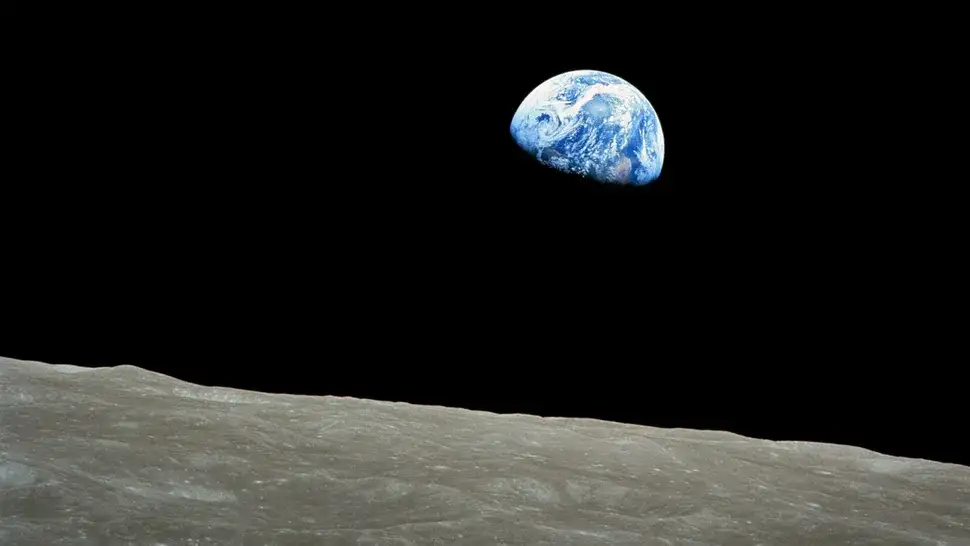New international reports warn that unless countries increase their climate commitments, the world will reach 2.6°C of warming by the end of the century, which would lead to a global catastrophe.
Despite promises and new plans presented by governments to be discussed at the COP30 climate conference in Brazil, these initiatives are having little effect on reducing global warming. At the same time, fuel emissions have reached a historic high, and nature’s capacity to absorb carbon is starting to weaken.
Scientists warn that a 2.6°C increase in warming could collapse Atlantic Ocean currents, destroy coral reefs, accelerate the melting of ice sheets, and transform Amazon forests into savannahs.
Despite this, there are some positive trends: the rapid development of renewable energy is already almost able to cover the growth in energy demand. In addition, 35 countries, including the United States, Australia, and South Korea, are experiencing economic growth while emissions are declining.




















